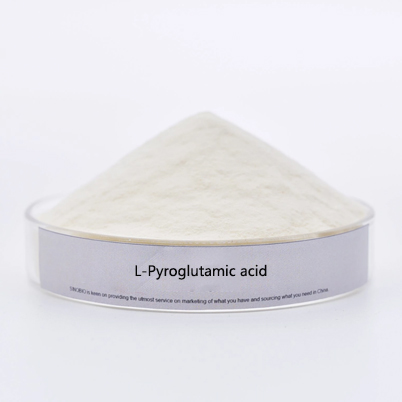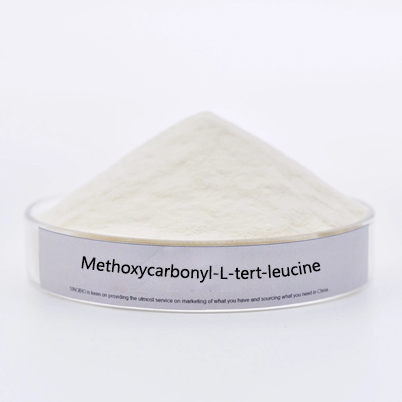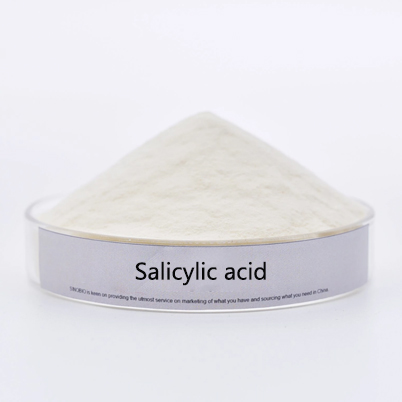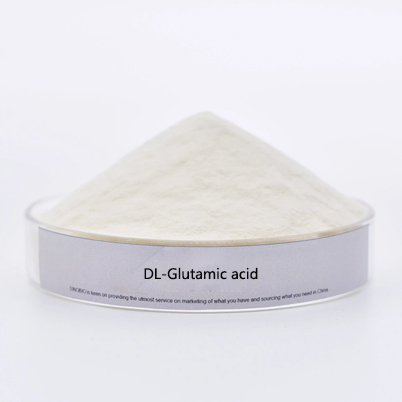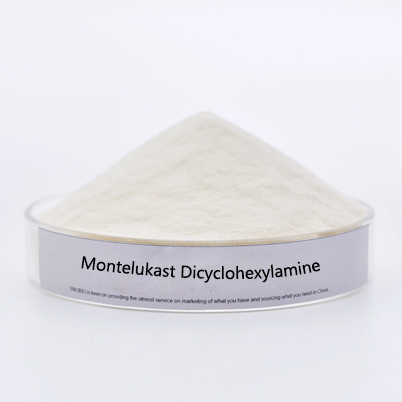- E-mail : info_medicalmarketing@jindunmedical.com
- Phone : +86 21 64057580
- Address : Shanghai China
Affordable diabetes drug "Linagliptin" has a preventive effect on cardiovascular disease!
Obesity and type 2 diabetes are associated with the development of vascular sclerosis and cardiovascular disease. Premenopausal women who are obese and have diabetes are the most at risk, even more than men of the same age group with similar health problems. A study conducted by researchers at the University of Surrey School of Medicine found that one diabetes drug had a protective effect against atherosclerosis in overweight female rats, which may have implications for the future of human disease prevention.
"The high fat and refined sugar prevalent in the Western diet is a factor in the worldwide epidemic of obesity and diabetes," said Dr. Vincent DeMarco, associate professor of endocrinology at the MU School of Medicine and lead author of the paper, "Our previous studies have shown that young female mice given a primarily Western diet not only gained weight, but also exhibited atherosclerosis, consistent with obese premenopausal women. The purpose of our current study was to understand the role - if any - of the diabetes drug Linagliptin in preventing atherosclerosis."
Linagliptin is a drug prescribed to lower blood sugar in patients with type 2 diabetes. The drug works by blocking the enzyme dipeptidyl peptide 4, or DPP-4. Previous studies have shown that DPP-4 inhibitors also appear to provide protection against vascular inflammation and oxidative stress - states associated with atherosclerosis.
DeMarco's group observed 34 female mice artificially fed a normal diet or a simulated Western diet for four months. Another group of mice was fed a low-dose western diet containing Linagliptin. The team used an ultrasound system designed for mice to assess the degree of aortic sclerosis, the main artery supplying the circulatory system.
"The mice that were fed the Western diet and did not receive Linagliptin showed weight gain and aortic stiffness," DeMarco said. "However, to our great surprise, the mice that were given Linagliptin, also on the Western diet, had almost complete prevention of aortic sclerosis. despite gaining the same amount of weight as the other group of mice."
DeMarco cautioned that more research is needed to determine whether Linagliptin could be used as a future therapeutic tool to prevent aortic atherosclerosis and the cardiovascular risks associated with obesity and diabetes. In addition, Linagliptin, like other DPP-4 inhibitors, could be available without being covered by insurance and is not yet expensive.
"Based on our findings, it is tempting to speculate that Linagliptin could target atherosclerosis to reduce cardiovascular disease risk," said DeMarco, "however, results from clinical trials already underway are needed to determine, going forward, whether Linagliptin could play a role in the management of obesity-related cardiovascular disease in the management of obesity-related cardiovascular disease."
-
date
2022-10-08
-
location
Shanghai, China






































